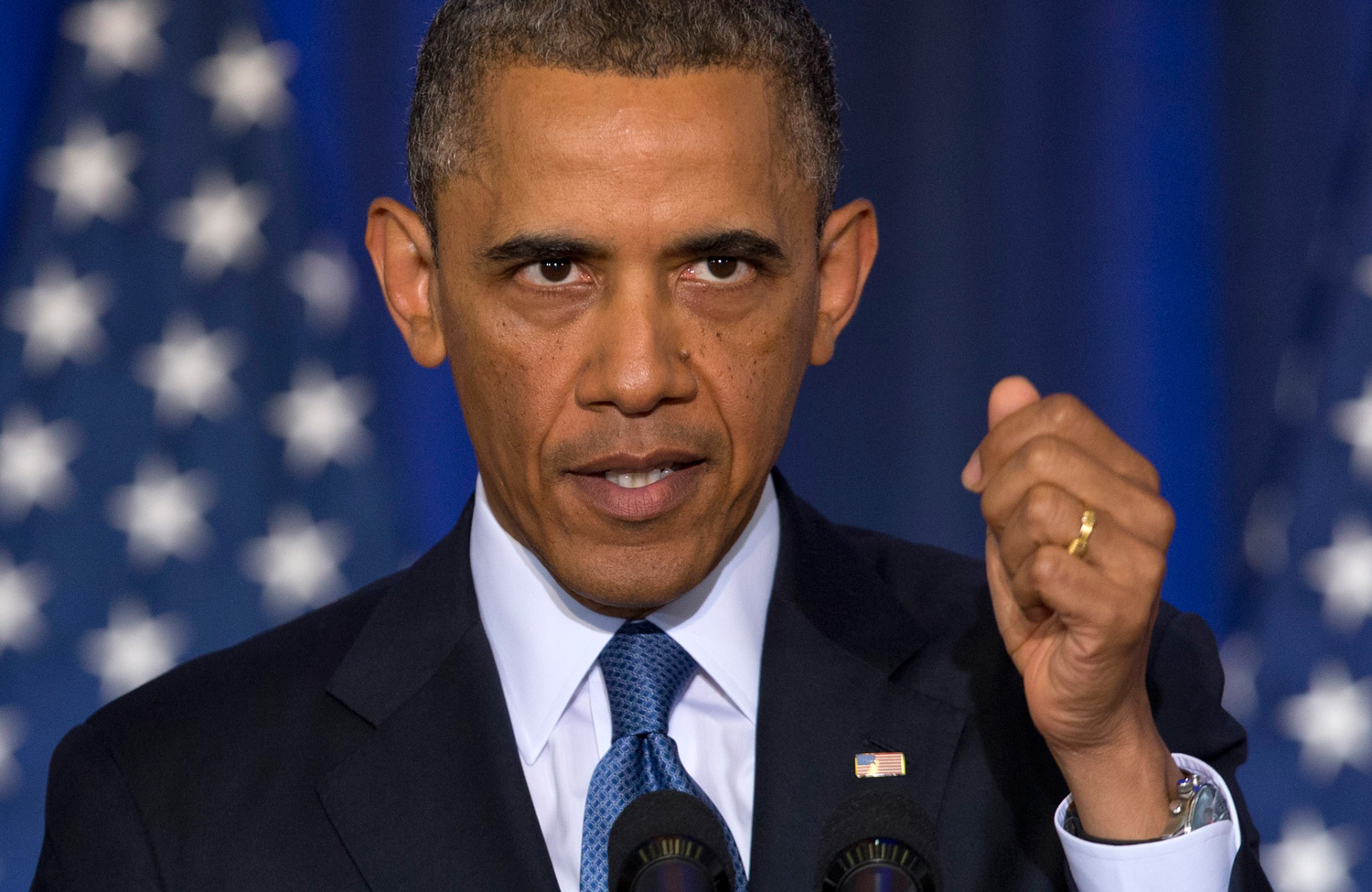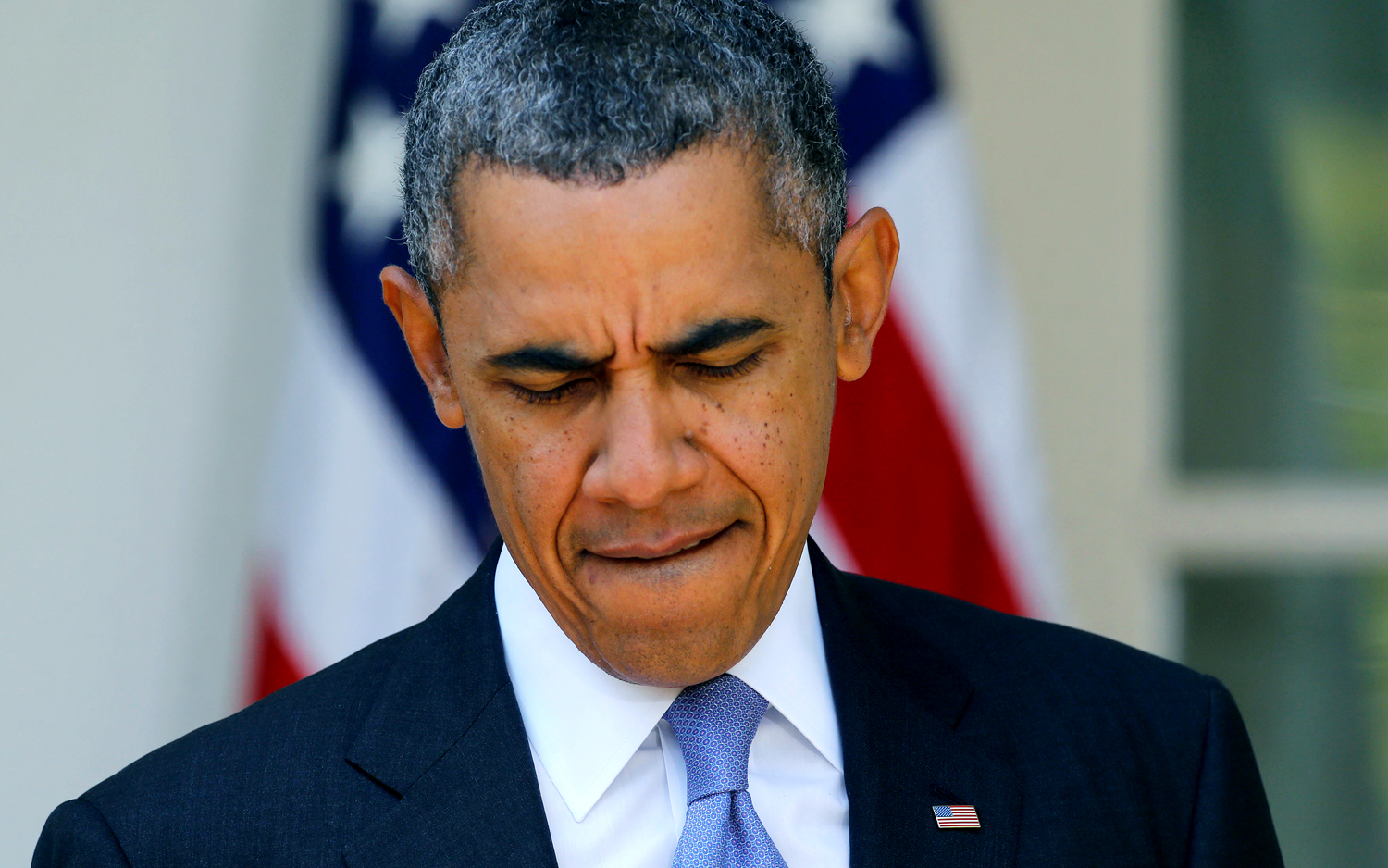Apparently not, is the conclusion from a recent British Election Study survey which Philip Cowley uses for a fascinating piece of analysis. I'd recommend any politics student to make a regular point of visiting the Nottingham University Politics department blog (Ballots and Bullets) on which Cowley and his colleagues post for just this sort of interesting, slightly off the beaten path form of analysis.
I won't repeat all of Cowley's points here - you can after all go and read it yourself - but suffice it to note that MPs individually don't seem to score that much more highly in the public's esteem than MPs as a whole, who as we know are generally (and yes, unfairly) despised. There is also a small crumb of comfort for the Lib Dems in the survey, suggesting that Lib Dem MPs are both more familiar in terms of name recognition n their seats, and that they score slightly higher positive ratings individually than MPs from other parties. Those of us who believe the Lib Dems will do badly but not go into meltdown at the next election are basing much of that expectation on this very factor - that a decent number of Lib Dem MPs are well enough bedded in to their constituencies to buck the national trend. This may not, however, apply to prominent government office holders such as Nick Clegg and Danny Alexander, who may find themselves more favourable to an unreformed House of Lords than ever after May 2015.
Also on the subject of the next election blogger and radio presenter Iain Dale is currently going through every Westminster seat with a prediction as to how they will go in May - an immense but very thorough task.
I won't repeat all of Cowley's points here - you can after all go and read it yourself - but suffice it to note that MPs individually don't seem to score that much more highly in the public's esteem than MPs as a whole, who as we know are generally (and yes, unfairly) despised. There is also a small crumb of comfort for the Lib Dems in the survey, suggesting that Lib Dem MPs are both more familiar in terms of name recognition n their seats, and that they score slightly higher positive ratings individually than MPs from other parties. Those of us who believe the Lib Dems will do badly but not go into meltdown at the next election are basing much of that expectation on this very factor - that a decent number of Lib Dem MPs are well enough bedded in to their constituencies to buck the national trend. This may not, however, apply to prominent government office holders such as Nick Clegg and Danny Alexander, who may find themselves more favourable to an unreformed House of Lords than ever after May 2015.
Also on the subject of the next election blogger and radio presenter Iain Dale is currently going through every Westminster seat with a prediction as to how they will go in May - an immense but very thorough task.





